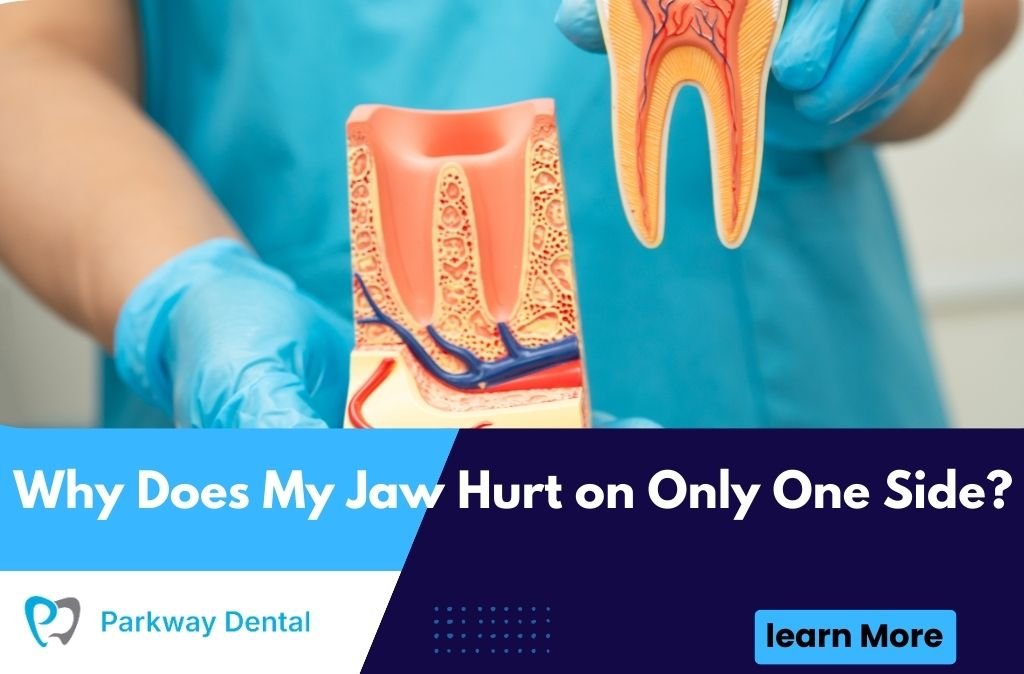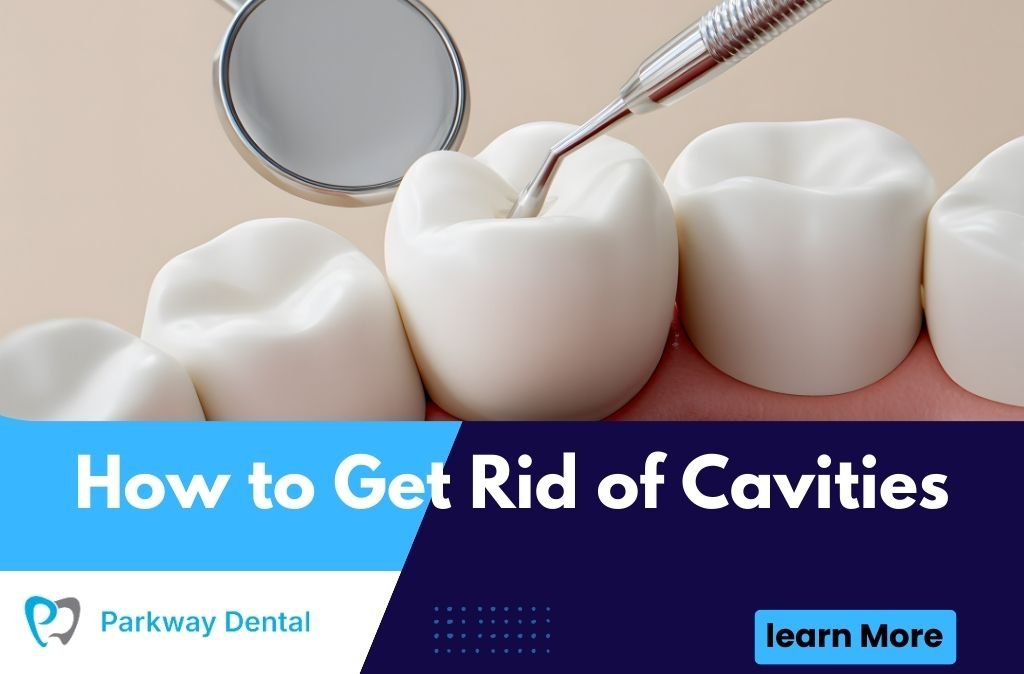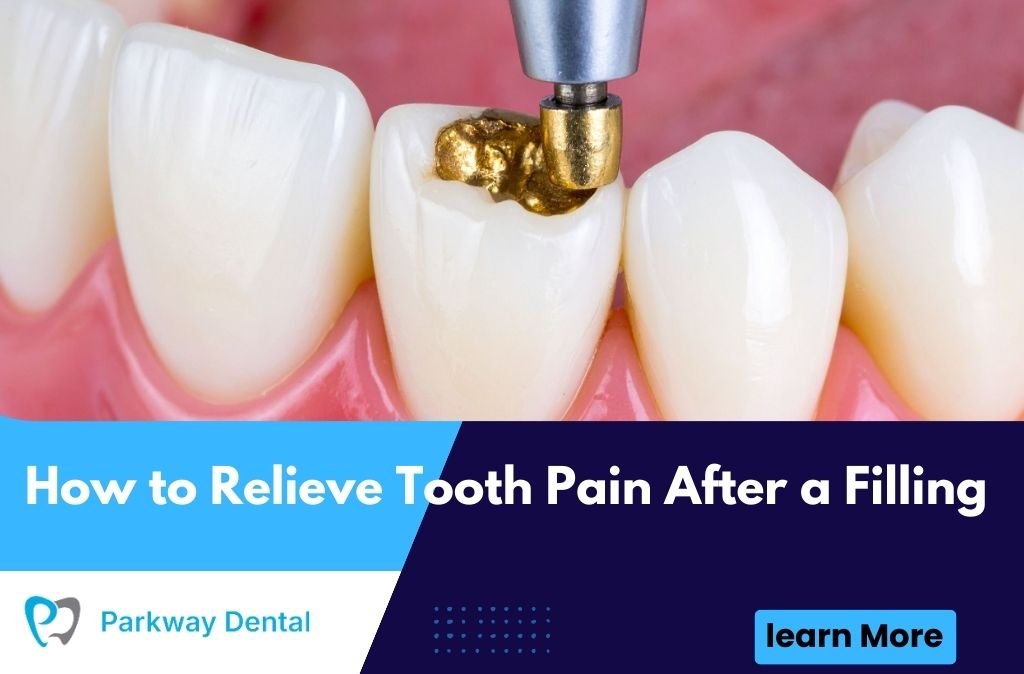Dental implants are one of the most effective and durable solutions for replacing missing teeth. They are designed to mimic the natural structure and function of your teeth, offering a long-lasting and reliable replacement. However, just like natural teeth, dental implants require proper care and maintenance to ensure they remain healthy, functional, and aesthetically pleasing. Proper hygiene is key to preventing complications such as infection, gum disease, and implant failure.
Table of Contents
- What are Dental Implants?
- Why is Dental Implant Hygiene Important?
- Basic Dental Implant Care
- Advanced Cleaning Techniques
- Dealing with Implant Complications
- What to Avoid with Dental Implants
- Regular Professional Checkups
What are Dental Implants?
Dental implants are artificial tooth roots placed in the jawbone to replace missing teeth. Made from biocompatible materials such as titanium, implants fuse with the bone in a process called osseointegration, providing a stable foundation for a crown, bridge, or denture. Unlike traditional dentures or bridges, dental implants offer a permanent solution that functions just like natural teeth.
The implant consists of three parts:
- The Implant Post: A titanium screw placed into the jawbone.
- The Abutment: A connector piece that attaches to the implant post.
- The Crown: The visible part of the implant that resembles a natural tooth.
While dental implants are durable, they require special care to ensure their success over time. Proper oral hygiene plays a critical role in preventing complications and maintaining the health of your implant and surrounding gum tissue.
Why is Dental Implant Hygiene Important?
The most important reason to maintain excellent hygiene with dental implants is to prevent infections and complications like peri-implantitis (an infection around the implant site) or even implant failure. Without proper cleaning, plaque and bacteria can build up around the implant, leading to inflammation and infection. The bone surrounding the implant could also become compromised, causing the implant to become loose or fail.
Implants are made from materials that integrate well with bone, but they are still susceptible to the same oral hygiene issues that affect natural teeth. Neglecting your oral care routine could result in gum recession, bone loss, and the eventual failure of the implant.
By following a few essential steps, you can significantly improve the longevity of your dental implants and ensure they continue to function properly.
Basic Dental Implant Care
Brushing Your Dental Implants
Brushing is one of the most fundamental steps in keeping your dental implants clean. It helps remove food particles, plaque, and bacteria that can accumulate on and around the implant. You should brush your implants at least twice a day using a soft-bristled toothbrush and fluoride toothpaste.
Here’s how you can properly brush your dental implants:
- Use a Soft-Bristled Toothbrush: Hard bristles can scratch the surface of the implant or abutment, causing damage. A soft-bristled brush is gentle enough to clean the area without causing harm.
- Brush Around the Implant: Gently brush around the implant, focusing on the gum line where plaque tends to accumulate. Make sure to clean the entire area around the crown, implant post, and abutment.
- Use a Circular Motion: Brush using circular motions rather than back-and-forth strokes. This will help you reach all the nooks and crannies around the implant.
- Clean the Gum Line: Be sure to brush along the gum line, as this is where most gum infections and inflammation can occur.
Flossing Around Implants
Flossing is equally important in keeping your dental implants clean. Traditional dental floss can be tricky to use around implants, especially if you have bridges or crowns in place. Specialized floss such as implant-friendly floss or a floss threader can help you clean hard-to-reach areas.
Follow these tips for effective flossing:
- Use Implant-Specific Floss: Dental floss specifically designed for implants or bridges is often waxed or thicker than traditional floss, making it easier to maneuver around the implant.
- Use a Floss Threader: A floss threader is a small tool that helps you thread the floss around the implant, abutment, and gum line, allowing for better cleaning.
- Floss Gently: Be gentle when flossing, as harsh movements can cause irritation to the gums around the implant.
Advanced Cleaning Techniques
Interdental Brushes
Interdental brushes are small, cone-shaped brushes designed to clean between teeth and around implants. They can be a great alternative or supplement to flossing, especially if you have bridges, crowns, or tight spaces between your teeth.
Benefits of interdental brushes include:
- Effective Plaque Removal: They can reach areas where a toothbrush or traditional floss might not, such as between the implant and adjacent teeth.
- Gentle on Gums: Interdental brushes are less likely to irritate the gums than traditional floss, making them ideal for people with sensitive gums or gum recession.
- Easier to Use: Many people find interdental brushes easier to use than floss, especially for people with limited dexterity or arthritis.
You can find different sizes of interdental brushes to match the space between your implants and natural teeth.
Water Flossers
A water flosser, also known as an oral irrigator, uses a stream of pulsating water to clean between teeth and around implants. It’s an excellent tool for people who find traditional flossing difficult or uncomfortable.
Advantages of using a water flosser include:
- Gentle Cleaning: The pulsating water effectively removes food particles and plaque without causing irritation to the gums.
- Easy to Use: For individuals with limited dexterity or those who struggle with traditional flossing, a water flosser can be a more comfortable and user-friendly option.
- Good for Implants: Water flossers are especially helpful for cleaning around dental implants, where traditional floss may not reach effectively.
It’s important to note that while water flossers are a great supplement to traditional flossing, they should not replace regular brushing and flossing.
Dealing with Implant Complications
Peri-implantitis
Peri-implantitis is an inflammatory condition affecting the gum and bone tissue around a dental implant. It is caused by bacterial infection and can lead to bone loss and implant failure if not treated promptly.
Symptoms of peri-implantitis include:
- Red, swollen gums around the implant
- Bleeding when brushing or flossing
- Bad breath or a bad taste in the mouth
- Mobility of the implant
To prevent peri-implantitis, maintain good oral hygiene practices, and make sure to attend regular checkups with your dentist. If you notice any signs of infection or inflammation around your implant, consult your dentist immediately.
Implant Failure
While rare, dental implants can fail due to various factors, including infection, insufficient bone density, or mechanical failure. Regular cleaning and professional checkups help reduce the risk of implant failure.
What to Avoid with Dental Implants
To keep your dental implants in top condition, there are certain things you should avoid:
- Avoid Hard or Sticky Foods: Hard foods like ice or sticky candies can damage your dental implants or cause the crown to loosen. Opt for soft foods that are gentle on your implants.
- Don’t Use Teeth as Tools: Avoid using your implants to open packages, crack nuts, or perform other tasks that could damage them.
- Quit Smoking: Smoking increases the risk of infection and can negatively affect the healing process after implant surgery. It also contributes to gum disease, which can lead to implant failure.
Regular Professional Checkups
Even with the best at-home care, regular visits to your dentist are crucial for ensuring the health of your dental implants. Your dentist will examine the implants, check for any signs of infection, and clean hard-to-reach areas to remove plaque buildup.
Typically, you should schedule an appointment every six months, or more often if your dentist recommends it. X-rays may also be taken periodically to monitor the health of the bone surrounding the implant.
Trust Our Dental for Your Implant Care
Keeping your dental implants clean and hygienic is vital to ensure their longevity and success. Brushing, flossing, and using advanced cleaning techniques like interdental brushes and water flossers will help prevent complications like peri-implantitis and ensure your implants stay healthy for years to come.
If you’re looking for a trusted Dentist in West Roxbury, MA, Parkway Dental offers expert care for dental implants. Our experienced team is here to guide you through every step of the process, from the initial consultation to long-term maintenance. Trust Parkway Dental for all your implant and dental hygiene needs, and enjoy a lifetime of beautiful, healthy smiles.





